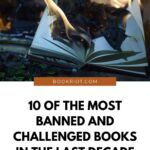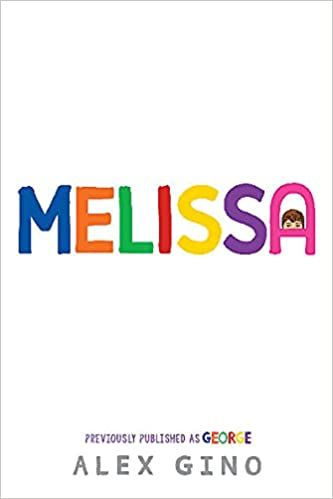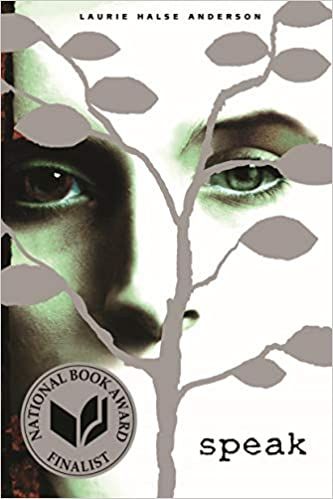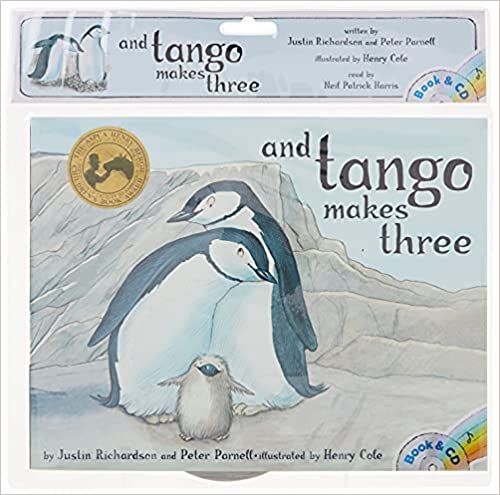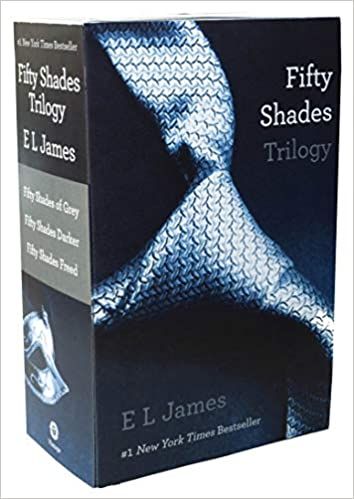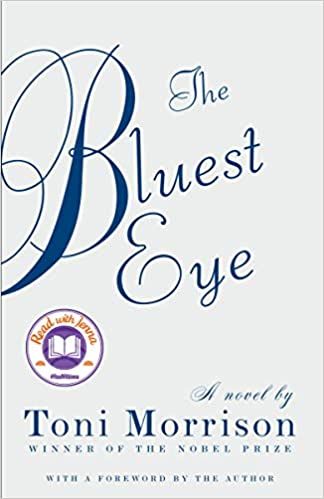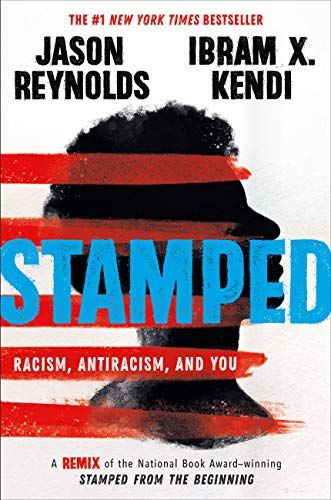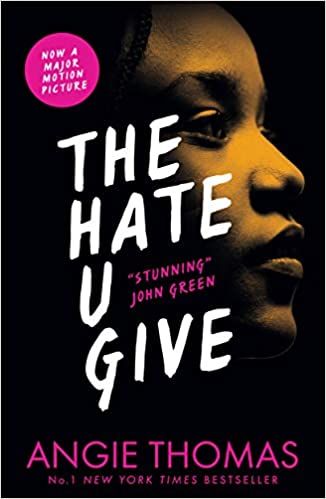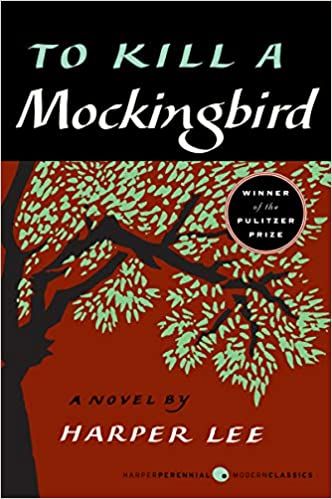Trying to pinpoint the most frequently banned books ever — or even in a specific period — is tricky. It’s much harder to find data from before 1990. The ALA also notes that the number of books does not equal the number of challenges because the same books are often challenged for multiple reasons. Many titles also recur from year to year. The ALA breaks down the data by year and by decade. Here are the top 100 most banned and challenged books of the 2010s. The ALA’s report on the books most challenged or banned in 2020 was published in April 2021. As of November 2021, the 2021 data is not out yet. So, as far as methodology goes, this is not a definitive or ranked list. Below are some of the books most frequently banned and challenged in the past ten years (2011–2021) and the reasons why. These books were challenged often during the last decade, but not all were first published recently. Many have been on the ALA’s lists multiple times in different years or decades.
10 of the Most Banned and Challenged Books and Reasons for the Challenges
The Absolutely True Diary of a Part-Time Indian by Sherman Alexie (Note: In 2021, the author renamed their book to avoid dead-naming the young, trans protagonist. The official version with a new cover comes out in April 2022.) This was banned since its 2007 publication for sexually explicit content and profanity. Since 2018, it was also challenged and banned for Alexie’s alleged sexual misconduct. Thirteen Reasons Why by Jay Asher This YA novel about a high schooler’s suicide was the most challenged book in 2017. In 2012, it had been challenged for “drug and alcohol use, sexual content, suicide, and being unsuited for age group.” Asher was also accused of sexual harassment in 2018.
More on the Most Banned Books
As many other writers have already noted, groups have often challenged books for LGBTQIA themes, sexually explicit content, graphic violence, and racial and political themes. When the same few antiracist books were widely assigned in 2020, those were often banned. In October 2021, the Republican candidate for governor of Virginia, Glenn Youngkin, released a campaign ad featuring a supporter who tried to ban another Morrison novel, Beloved, from schools. Butler University’s library made a list of commonly banned novels also considered literary classics, with links to other sources. In October, Book Riot’s Kelly Jensen described the history of Banned Books Week. She also offered tips on fighting censorship in general, instead of overemphasizing banned books. Being banned doesn’t automatically make a book good or bad. Kelly called out euphemisms for prejudice: “It is in no way about fear of their children learning about groups different than them. It’s about white supremacy. It’s about power.” That’s a great point. If we conflate or gloss over the reasons for censorship, we create false equivalencies. Racism is intentionally divisive. It becomes even more divisive and destructive if people suppress facts about history and racism. Likewise, learning about LGBTQIA people is not an inappropriate topic for children. And here’s a primer on censorship.
